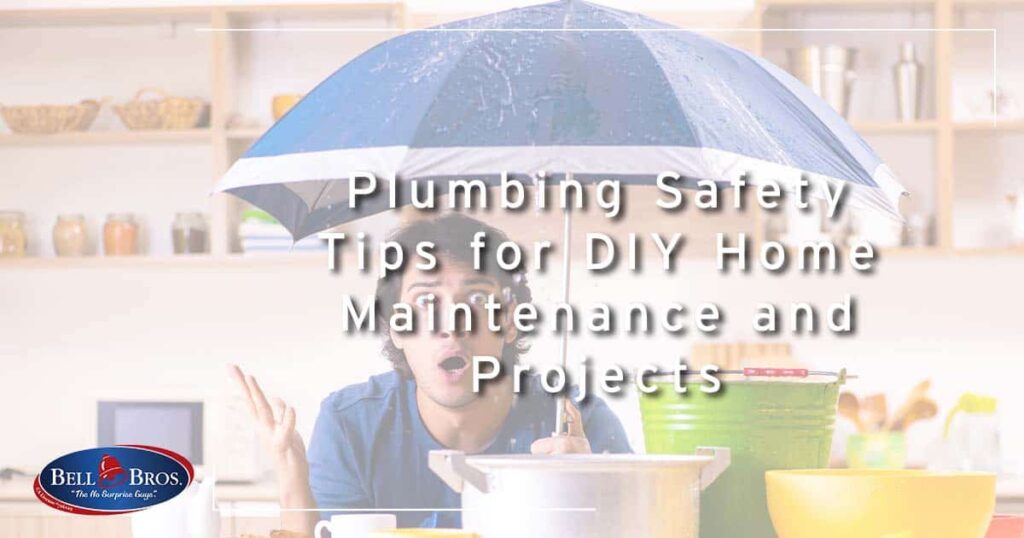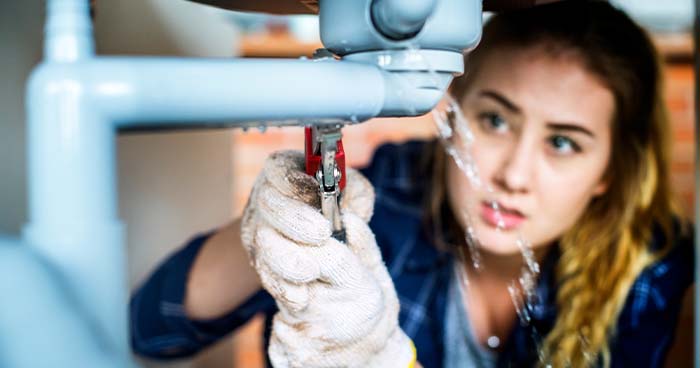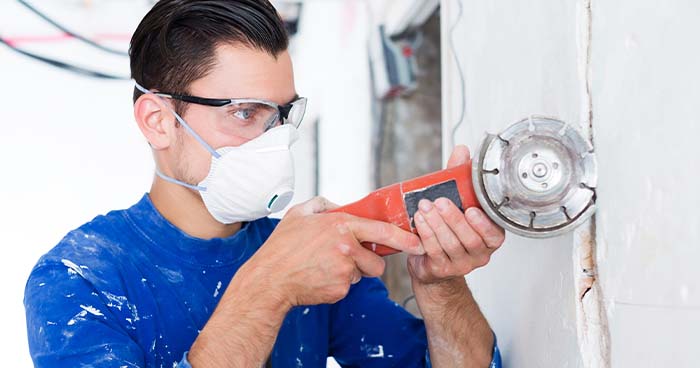Most of us can carry out some simple plumbing maintenance and repairs — changing a washer or fixing a leaky pipe. However, before you take the plunge and begin your next DIY plumbing job, there’s one crucial thing to bear in mind — is the work you’re carrying out safe? If you aren’t too sure it’s always best to call a professional for your plumbing maintenance.
Why It’s Essential to Take Plumbing Safety Seriously
While it is tempting to think that you can save some money by carrying out your own plumbing repairs, in truth, it’s not the best idea.
Plumbing repairs can be dangerous and expensive if carried out by somebody who hasn’t had the appropriate training.
Even minor plumbing problems can become significant disasters if you don’t know what you’re doing. But if you’re still planning on doing your own plumbing work, here are some top tips to stay safe.
How to Stay Safe When Carrying Out DIY Plumbing Maintenance
Wear Eye Protection
Though the job may be minor, you should always use safety goggles to protect your eyes from water splashes or other dangerous substances.
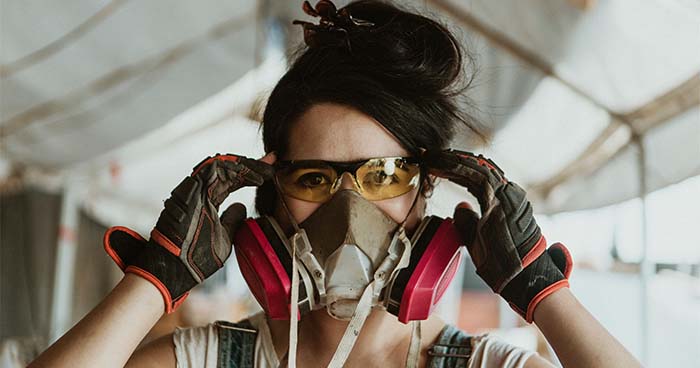
If you’re hammering, drilling, or sawing, debris can easily fly up towards your face and damage your eyes. Also, plumbing maintenance often requires lying under pipes, so safety goggles protect your eyes from any nasty surprises.
Don’t Forget to Protect Your Hands and Arms
Chances are you’ll need to use knives or screwdrivers when carrying out plumbing maintenance. Add some corrosive liquid to the mix and you could be dealing with a chemical burn. A pair of heavy-duty gloves will protect your hands and arms from cuts, scratches, and other hazards while you’re busy working.
Know Where the Shutoff Valve Is and Turn Off the Water When Necessary
When carrying out plumbing maintenance, you should always be able to turn off the water when necessary.
Read All Labels and Instructions Before You Start
Following instructions and guidelines when carrying out plumbing maintenance is vital. Chemical labels will tell you how strong the solutions are and how to use them effectively. Machinery labels will tell you how to operate the equipment properly to avoid injuries or damage.
It is also essential that you follow the instructions provided by manufacturers when setting up appliances like dishwashers and washing machines.
What Not to Do When Carrying Out Plumbing Maintenance
Not Adhering to Building Codes
Building codes set the minimum requirements for plumbing maintenance in your home. You must adhere to the regulations to avoid fines and repair costs in the future.
For example, if you forget to include a simple vacuum breaker in a water supply, you could contaminate public drinking water. A hefty fine will leave you wishing you’d hired a professional plumber.
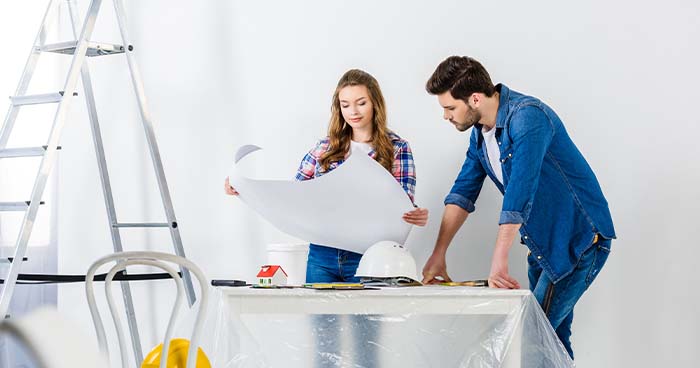
Building codes, and plumbing in general, can be very tricky. We can’t stress enough how important it is to call in a professional if anything starts to go wrong.
Ignore Gas Smells
If you smell gas, don’t take any chances. Turn off all gas appliances and ensure that no naked flames or pilot lights are on. Open the doors and windows to allow the fumes to escape, then call a registered engineer immediately.
Cut Blindly
Check what’s behind the wall or cavity before you make any cuts. Any walls situated in a basement or against an outside wall may have electrical wiring behind them. You also risk cutting into other hidden plumbing pipes.
Use Tools Incorrectly
Plumbing tools come in many shapes and sizes, and they all have a specific use. Therefore, it is crucial to always use the correct tool for each plumbing task. Using the wrong tool can damage your pipes and fittings or, at worst, lead to injury.
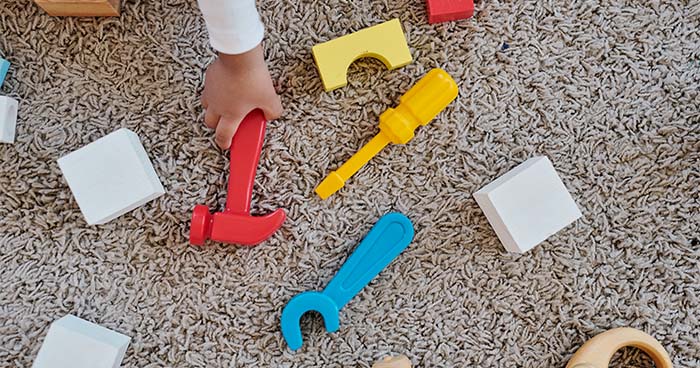
Don’t struggle with your plumbing maintenance alone. Contact the experts at Bell Brothers and let us do the hard work for you.

